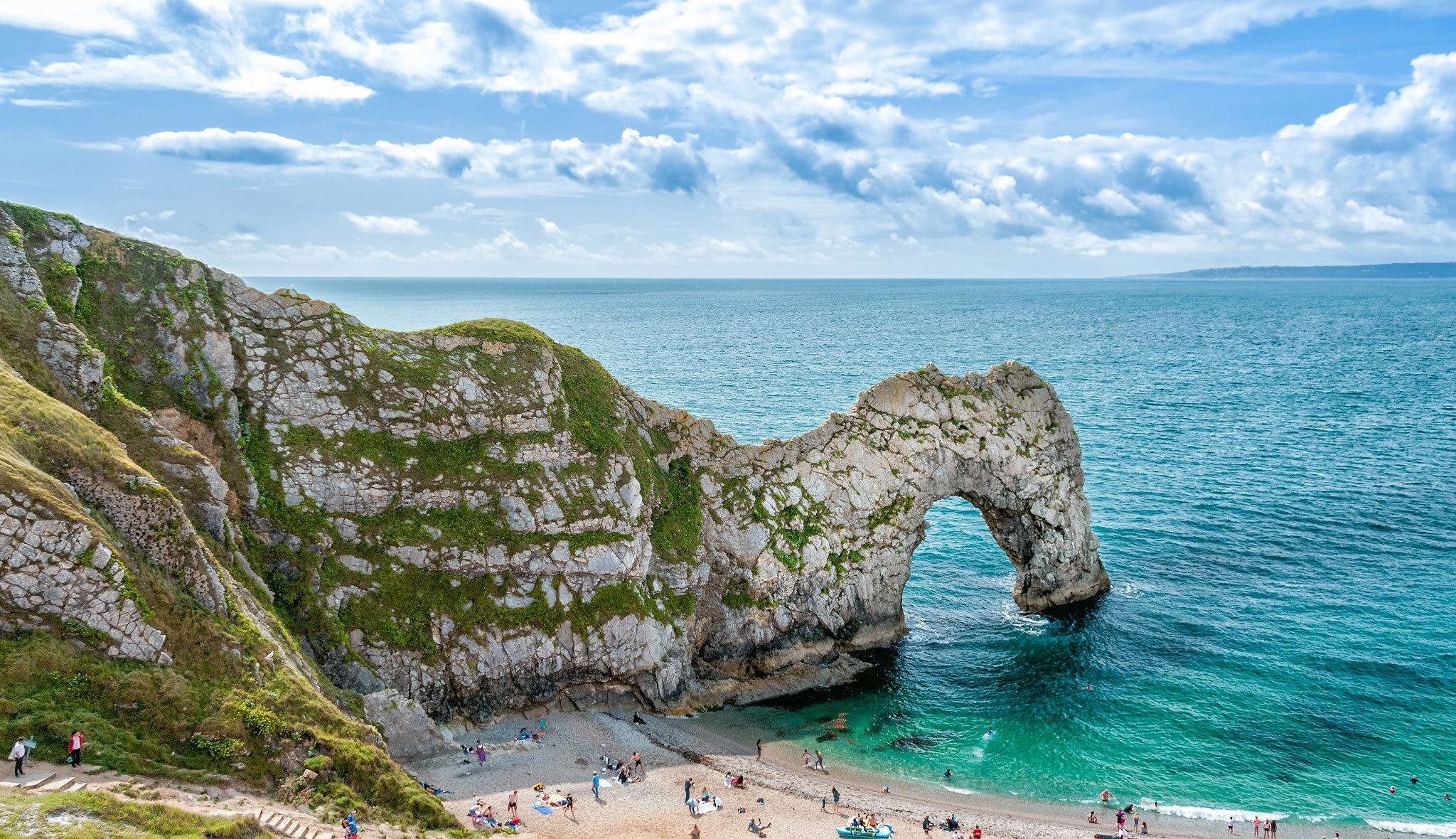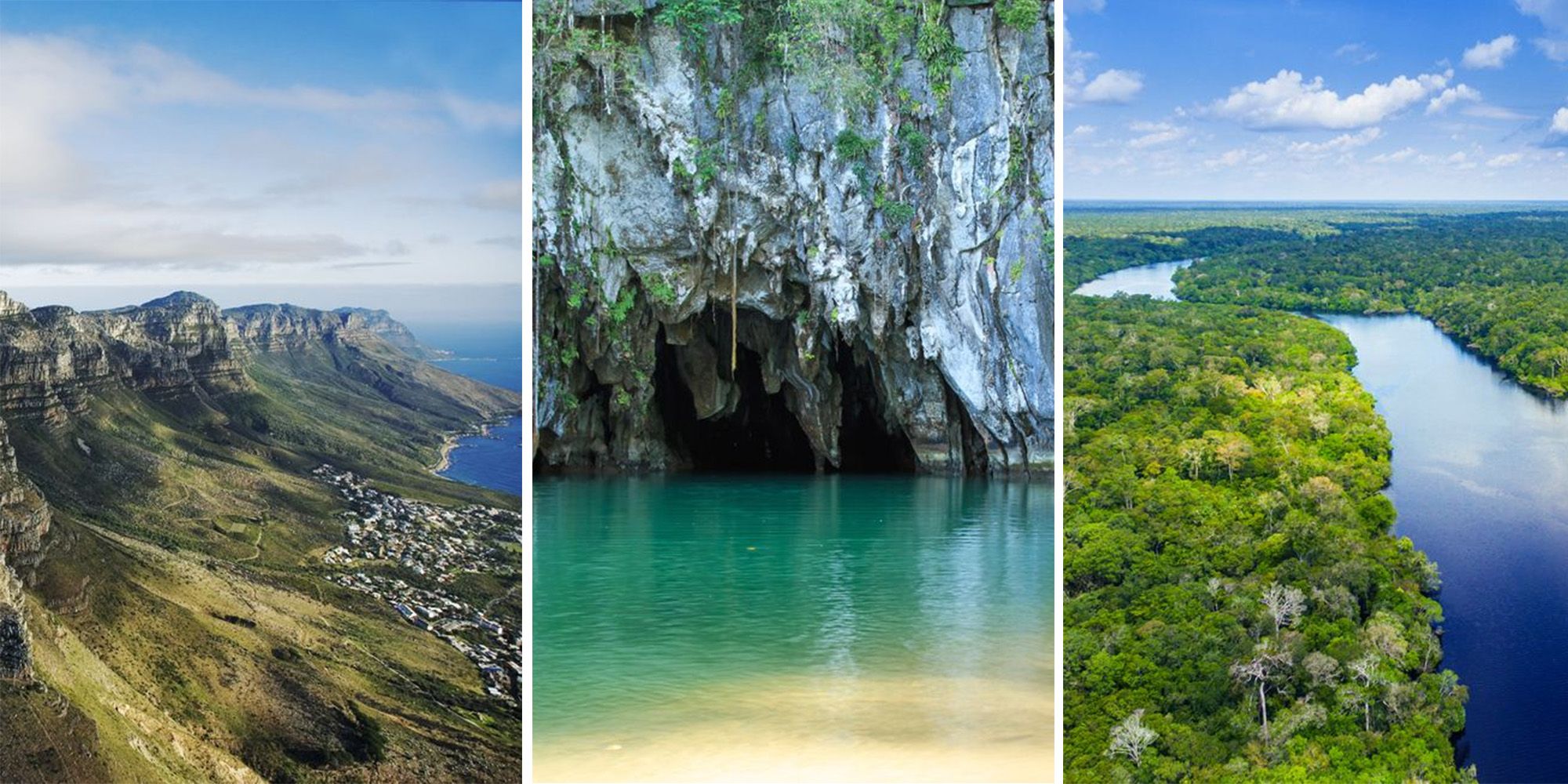The Allure of the Untamed: Navigating the World’s Natural Wonder tourism
The siren call of the wild has echoed through human history, drawing us to landscapes of breathtaking beauty and awe-inspiring power. Today, this primal urge manifests in the booming realm of natural wonder tourism, a sector that invites us to witness the planet’s most spectacular creations. From the towering peaks of mountain ranges to the silent depths of submarine canyons, these destinations offer experiences that transcend the ordinary, fostering a profound connection with the Earth’s raw majesty. However, the delicate balance between appreciation and preservation hangs precariously, demanding a thoughtful approach to this burgeoning industry.
The term “natural wonder” encompasses a vast array of geological and biological phenomena, each possessing a unique charm. These wonders can be broadly categorized, offering diverse experiences for the intrepid traveler:
Majestic Mountains: Cathedrals of Stone and Ice

The Himalayas, a titan among mountain ranges, stand as a testament to the Earth’s tectonic might. Their snow-capped peaks, like Everest and Kanchenjunga, have lured climbers and trekkers for decades, offering both physical challenge and spiritual awakening. Tourism here, while economically vital, must be carefully managed to mitigate environmental impact and respect local cultures.
Water’s Grandeur: From Cascading Falls to Submerged Realms
Victoria Falls, straddling the border of Zambia and Zimbabwe, is a spectacle of sheer power. The “Smoke that Thunders,” as it’s known locally, generates a mist visible for miles, creating a truly immersive experience. Sustainable tourism initiatives are crucial to ensure the long-term preservation of this natural wonder.
Landscapes of Extremes: Deserts, Canyons, and Volcanic Realms
The Grand Canyon, carved by the Colorado River over millions of years, is a testament to the erosive power of nature. Its vastness and intricate rock formations offer a profound sense of geological time.
Forests and Natural Habitats: Breathing Lungs of the Planet
The Amazon Rainforest, the world’s largest tropical rainforest, is a treasure trove of biodiversity. Its intricate ecosystems, home to countless species, are vital to the planet’s health. Sustainable ecotourism initiatives are essential to combat deforestation and protect indigenous cultures.

Natural wonder tourism offers a multitude of benefits, both for local communities and for global awareness. However, it also presents significant challenges that must be addressed:
Economic Empowerment: A Catalyst for Development
Tourism can generate significant revenue for local communities, creating jobs and stimulating economic growth.
Environmental Impact: A Delicate Balance
Over-tourism can lead to environmental degradation, including habitat destruction, pollution, and erosion.
Cultural Sensitivity: Respecting Local Traditions

Tourism can lead to the commodification of culture, undermining traditional practices and values.
To ensure the long-term sustainability of natural wonder tourism, a shift towards responsible practices is essential:
Sustainable Infrastructure: Minimizing Environmental Footprint
Invest in eco-friendly transportation, accommodation, and waste management systems.
Ecotourism Principles: Prioritizing Conservation
Support local communities and businesses that are committed to sustainable practices.
Community Involvement: Empowering Local Voices
Ensure that local communities are actively involved in the planning and management of tourism activities.
Responsible Travel: Making Conscious Choices
Choose tour operators and accommodations that are committed to sustainable practices.
Natural wonder tourism offers a unique opportunity to connect with the Earth’s extraordinary beauty and power. However, it also carries a responsibility to protect these precious resources for future generations. By embracing responsible tourism practices, we can ensure that these wonders continue to inspire and amaze, fostering a deeper appreciation for the planet we call home. The call to explore the untamed is a call to stewardship, a reminder that we are all guardians of the Earth’s natural treasures. The experiences we gain from these journeys should not be measured just in the sights we see, but in the actions we take to preserve them.



